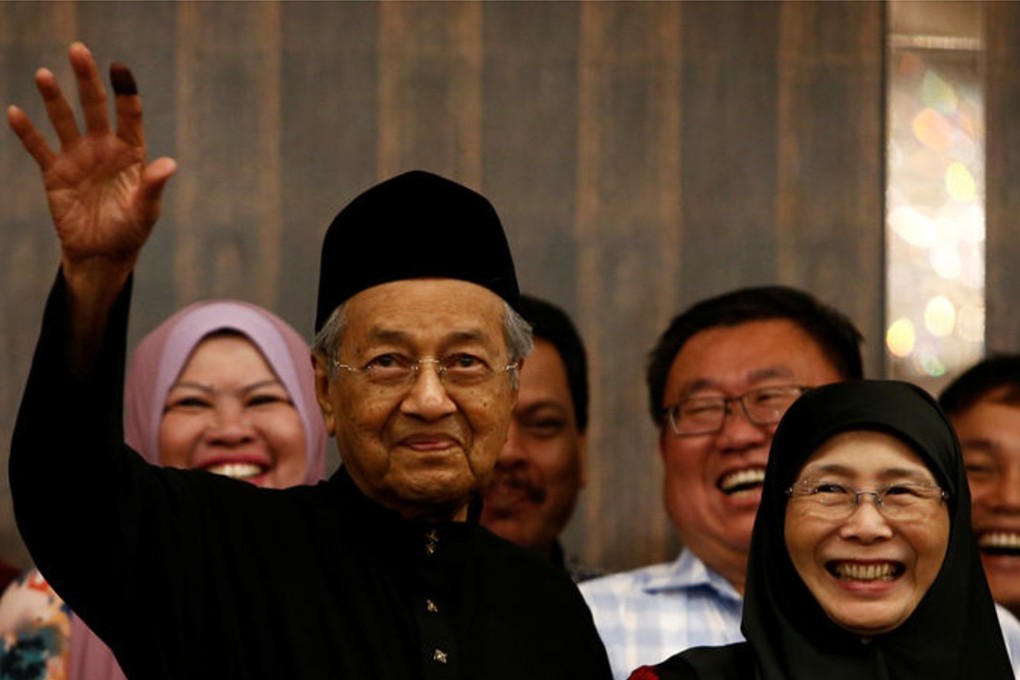Advertisement
Malaysia’s Mahathir must embrace political reform to empower minority voices
Wong Chin-Huat says Malaysia’s ‘first-past-the-post’ system keeps minority voices from being heard, and the new government should embrace a proportional system that discourages extremism
Reading Time:4 minutes
Why you can trust SCMP

On May 9, Malaysia’s political canvas was redrawn with a single election. By returning 92-year-old Mahathir Mohamad to the job of prime minister, voters ended 61 years of uninterrupted rule by the United Malays National Organisation (Umno). Within days, the ousted incumbent, Najib Razak, was under investigation for corruption, and the long-jailed opposition leader, Anwar Ibrahim, was back in politics.
Astonishingly, no blood was spilled in this “silent revolution”. While that might seem like a low bar, the lack of violence is noteworthy in a country split along religious, ethnic and linguistic lines.
But while Malaysians continue to celebrate their peaceful democratic transition, a key question remains: can multiparty democracy flourish in such a divided society?
Advertisement
Umno led Malaysia with a vision of empowering ethnic-majority Malays. It went on to form a centrist bloc with ethnic Chinese and Indian minority parties and negotiated the country’s independence from Britain in 1957. Paradoxically, by monopolising the centrist position, the Umno-led coalition soon became vulnerable to electoral attacks by Malay- and non-Malay-based opposition.
Advertisement
By the 1969 election, Umno’s status as the sole political representative of Malays was threatened. The first-past-the-post electoral system concealed the exodus of numerous Malay voters from the Umno-led coalition to the Parti Islam se-Malaysia (PAS). Meanwhile, despite failing to increase their overall level of support, Chinese-based opposition parties increased their seat count, as the system rewarded them for better electoral coordination.
Advertisement
Select Voice
Choose your listening speed
Get through articles 2x faster
1.25x
250 WPM
Slow
Average
Fast
1.25x